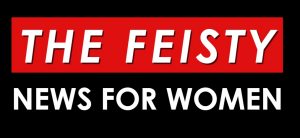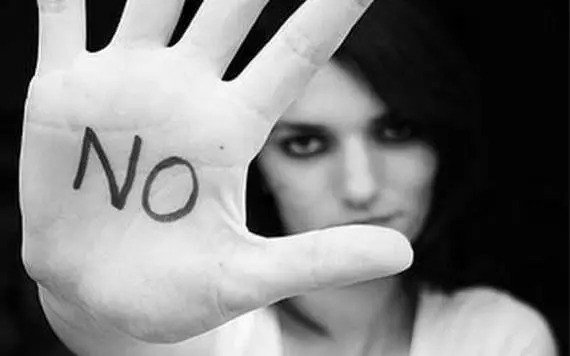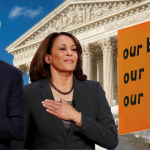Feedback on the recommendations from New Zealand’s third Universal Periodic Review (UPR) at the Human Rights Council in Geneva
The governments of Iceland and Australia have recommended that New Zealand amend Section 21 of our Human Rights Act (HRA) 1993, by adding “gender identity” as a prohibited ground for discrimination.
The concept of “gender identity” should not be introduced into the HRA. There are several reasons for this, and this submission will focus on two:
- The HRA needs to be clear and evidence-based, but the concept of “gender identity” is both vague and ideological.
- The concept of “gender identity” is at odds with the HRA Section 21 (1)(a) and 21(1)(m), which prohibit discrimination on the grounds of sex and sexual orientation.
1. The concept of “gender identity” is vague and ideological
New Zealand’s Human Rights Commission (HRC) defines “gender identity” as “A person’s internal, deeply felt sense of being male or female (or something other or in between). A person’s gender identity may or may not correspond with their sex.”
There are two problems with this definition:
1) The idea that “being male or female” is based on a “deeply felt sense,” and not on biological fact, is ideological.
2) According to this idea, “gender identity” is ultimately private, subjective and based on feelings — making it impossible to prove, observe, or use as a basis for discrimination.
Based on the HRC’s definition, there can be no impartial and reliable evidence that any person has been violated or discriminated against in New Zealand on the basis of their “gender identity.” It would be reckless for the New Zealand government to make ideologically driven amendments to the HRA, and to legislate for forms of discrimination that cannot be proven to exist, especially when the legislation would allow people to claim that they have been discriminated against because of their feelings.
2. “Gender identity” is harmful to women
The concept of “gender identity” is at odds with section (1)(m) and (1)(a) of the HRA, which prohibit discrimination based on sex and sexual orientation.
For female-only services — like refuges, shelters, changing rooms, sports teams, and all-girls schools — to be safe and accountable, women must be able to deny men access to them.
Yet the concept of “gender identity” enables any man to claim that he has a “deeply felt sense of being… female,” since this is impossible to prove or disprove. This would enable any man to claim discrimination on the grounds of “gender identity” for being refused access to a women’s service, if the concept is added to the HRA. That amendment would render women unjustly exposed to the risk of retaliatory legal action just for running female-only services.
If men can identify as female, they can also identify as lesbian — so adding “gender identity” to the HRA would
- make it harder for women to set up organisations and spaces that are lesbian only
- add to the pressure lesbians face to engage in sexual relationships with men
- put the safety of lesbians at risk.
If you liked this article feel free to leave a tip.
Author Profile
Latest Entries
 Women's RightsJanuary 23, 2024VP Kamala Harris promises Biden will veto national abortion rights ban
Women's RightsJanuary 23, 2024VP Kamala Harris promises Biden will veto national abortion rights ban World NewsJanuary 17, 2024Bisan, the 25-year-old filmmaker in Gaza’s war zone, calls for a global strike from January 21-28th
World NewsJanuary 17, 2024Bisan, the 25-year-old filmmaker in Gaza’s war zone, calls for a global strike from January 21-28th PoliticsJanuary 15, 2024DA Fanny Willis accused of dating special prosecutor assigned to Trump’s indictment
PoliticsJanuary 15, 2024DA Fanny Willis accused of dating special prosecutor assigned to Trump’s indictment Editor's NotesJanuary 10, 2024The Feisty News Standards for Using AI in Journalism
Editor's NotesJanuary 10, 2024The Feisty News Standards for Using AI in Journalism






